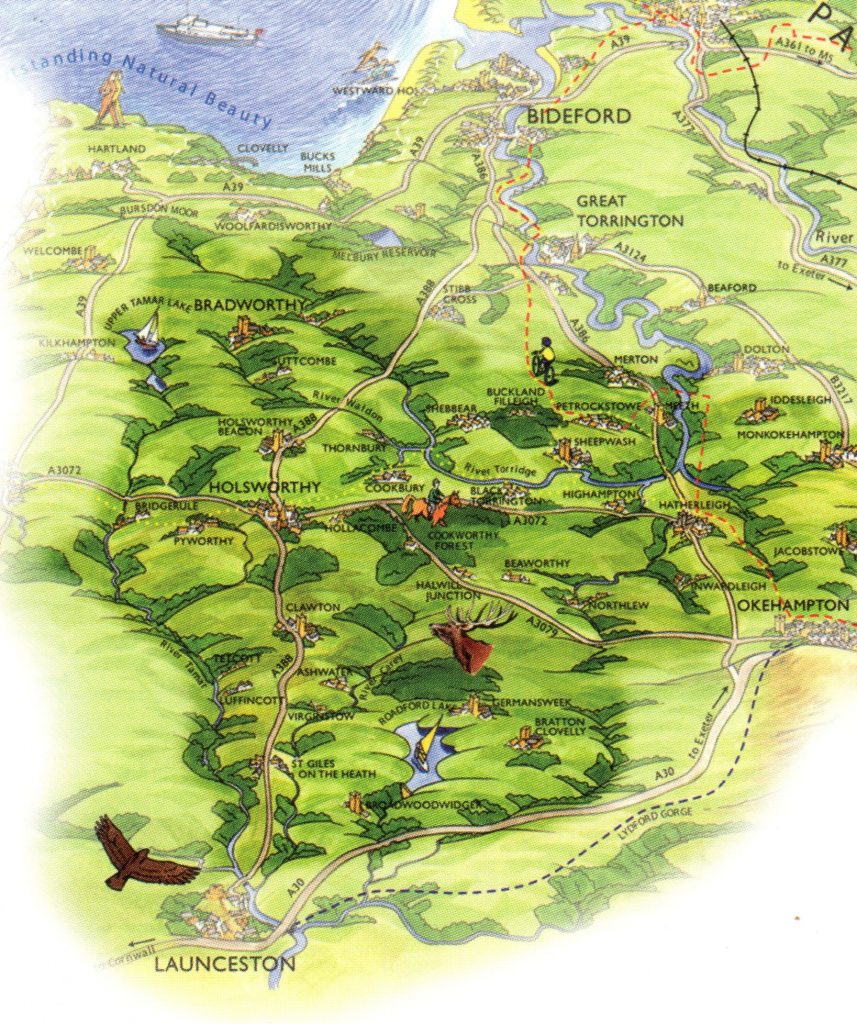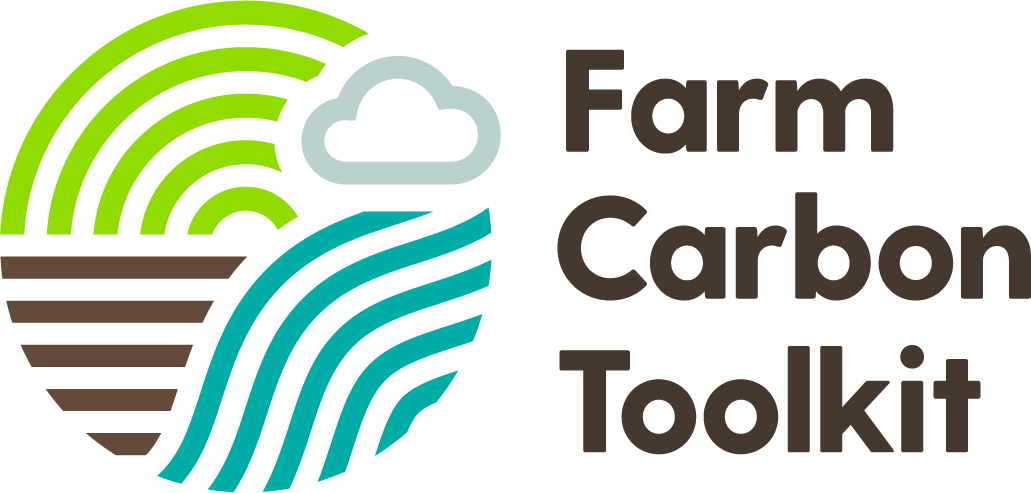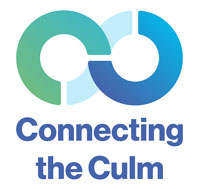Sustainable Farming and Landscapes - Advice and Inspiration

Good Practice Examples
Innovative Farmers
An important Innovative Farmers project that involves Mid Devon farmers is the 12-year Field Lab on the Benefits of Silvopasture.
The new field lab with 7 Devon farms, is one of the biggest participatory research projects looking at silvopasture (integrating trees and livestock). The farmers include beef, sheep, venison and dairy producers. The work will measure a range of benefits to their farming systems - it's alla bout enhancing the natural processes that underpin sustainable food production.
The IF network is part of the Duchy Future Farming Programme, funded by the Prince of Wales’s Charitable Fund through the sales of Waitrose Duchy Organic products. The network is backed by a team from LEAF (Linking Environment and Farming), Innovation for Agriculture, the Organic Research Centre and the Soil Association.
www.innovativefarmers.org | 0117 987 4572
From their website:
Innovative Farmers is a not for profit membership network, for all farmers and growers who are running on farm trials, on their own terms. When Innovative Farmers was launched in 2012
In the last decade, Innovative Farmers has launched over 120 field labs and awarded over £450,000 in grants to groups of farmers supporting them to research the issues that matter to them. When we began, our concept of ’field labs’ - on-farm trials - was not well understood. But now the model is firmly entering the mainstream.
Projects/Field labs are running across the country, to find out more go to the link above.
Ruby Country
Net Zero Beef Farming Forum
From their website:
The UK government has set itself an ambitious, legally binding target of achieving net-zero greenhouse gas (GHG) emissions by 2050. To reach this target all sectors of the economy and society will need to play their part. Agriculture is responsible for around 10% of Greenhouse Gas emissions in the UK, about 16% in Devon, and in NW Devon, a predominantly livestock farming area, around 30%. Agriculture in general, and beef farming in particular therefore, can play a huge part in meeting both national and local GHG reduction targets.
The paths to net-zero for the sector, however, are challenging, not always clearly signposted, and need to negotiate a number of significant additional obstacles in terms of changes in agricultural policy and growing public debate around the role of meat and dairy in our diets. How can beef farming in the Ruby Country navigate this new landscape? How can beef farming, a sector so intrinsic to the Ruby Country that it gives it its name, make the move to net-zero whilst continuing to be economically viable? Put simply:
‘How can Ruby Country beef farming best transition to net zero GHG emissions by (or before) 2050?’
The primary aim of the project was to answer this question, and the people, we believed, who were best placed to answer it were Ruby Country beef farmers and beef farming stakeholders. That is why we established what we called the Ruby Country Net-Zero Beef Farming Forum, to collectively discuss the issue, identify the challenges, and propose solutions.
Farm Carbon Toolkit
From their website:
The Farm Carbon Toolkit was created by farmers for farmers. For over a decade, we’ve worked to further the understanding of greenhouse gas emissions in agriculture. We provide tools and services to measure impact and run projects with farmers that inspire action on the ground.
Our vision is a farming sector that minimises its carbon emissions and maximises its carbon sequestration, whilst producing quality food and a wide range of public goods, all produced by resilient and profitable farm businesses. Some people call this vision a regenerative farming future.
What We Do
Alongside our free Farm Carbon Calculator and Toolkit for farmers, we run an annual Soil Farmer of the Year competition and various projects covering:
- Peer-to-peer training and learning events on whole-farm and soil carbon footprinting;
- Farmer outreach and support projects;
- Bespoke advice and action planning with farmers, landowners and companies, centred around measuring and improving soil health, greenhouse gas emissions and other ecosystem services;
- Partnerships with research institutions to further our understanding of soil carbon sequestration and best practice protocols for measurement, reporting and verification.
Connecting the Culm
From their website:
Creating a Better Future for the River Culm.
Working with nature and local communities, we aim to make the river better for wildlife and people, and more resilient to flood and drought. We want to collaborate with those living in the River Culm catchment to help solve the river’s problems. As a part of this, we will use proven nature-based solutions that provide many other benefits too.
Devon Wildlife Trust
Towards a Wilder Devon
We have lost incredible amounts of our wildlife. Species which once thrived in Devon have gone; many others which were commonplace are now rare. We need urgent change. It is time to put nature into recovery. We need to restore what has been lost and we need to do this on a grand scale. This means being bold: restoring degraded landscapes and seas, recreating wildlife habitat, reintroducing key species that have become locally extinct and properly protecting what we still have. Everyone can play a role in nature's recovery and this is where our work starts - shoulder to shoulder with all who love Devon and its wildlife.
Blackdown Hills Area of Outstanding Natural Beauty
To find out the latest on ELMS please visit Defra's web pages on the latest schemes.
From their website:
Defra is currently planning a new Environmental Land Management System (ELMS). The intention is to replace the current rural grants and payments scheme with a system of “public money for public goods”.
The Government’s vision for ELMS is that it will incentivise land managers to deliver the goals of the 25 year environment plan:-
- Clean and plentiful water
- Clean air
- Thriving plants and wildlife
- Reduction in and protection from environmental hazards
- Adaptation to and mitigation of climate change
- Beauty, heritage and engagement with the environment
In Mid Devon.
Blackdown Hills Area of Outstanding Natural Beauty (AONB) is one of a number of organisations, including 12 AONB projects, taking part in ‘tests and trials’ which will gather information to support Defra in the co-design of ELMS.




